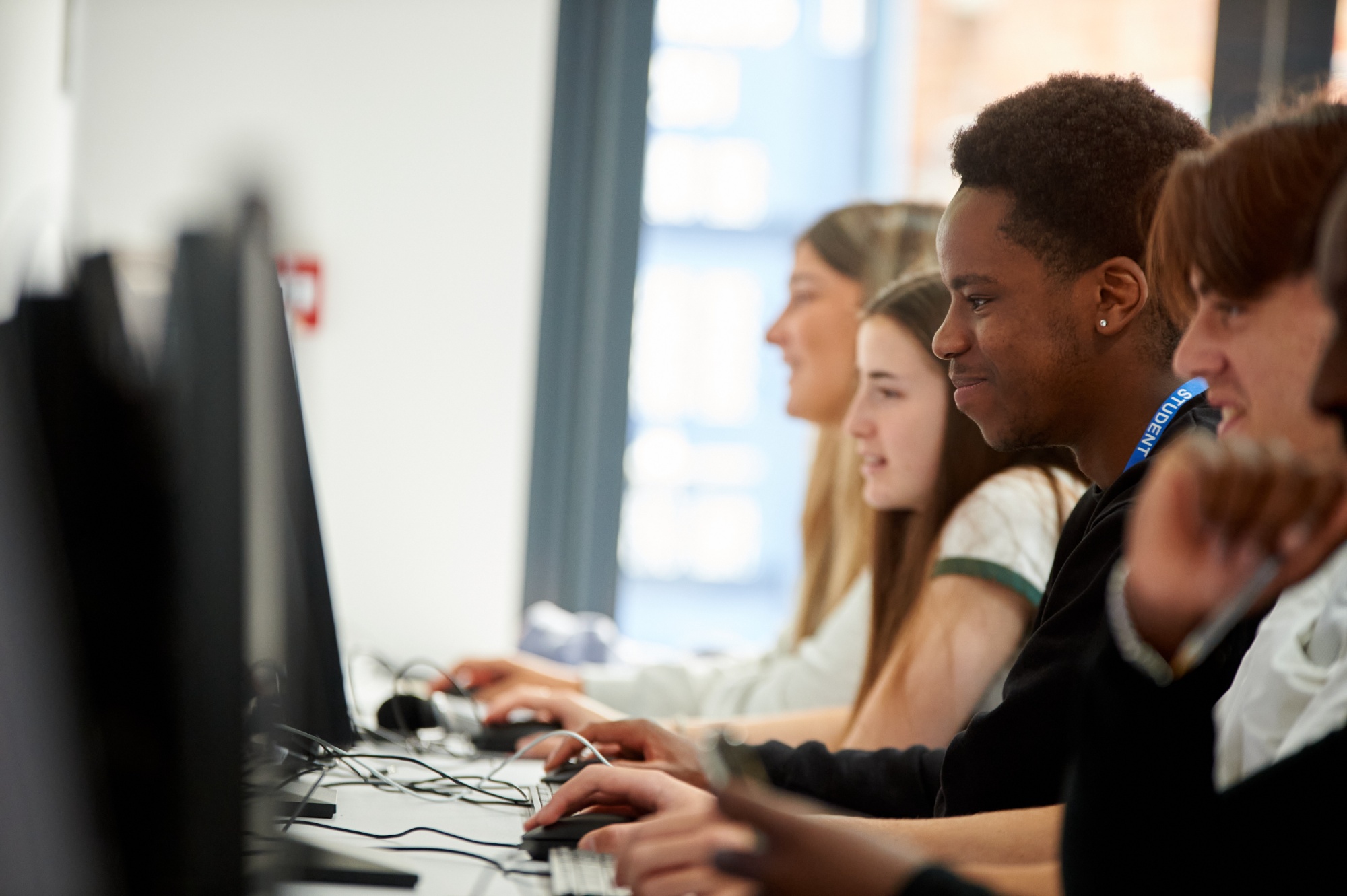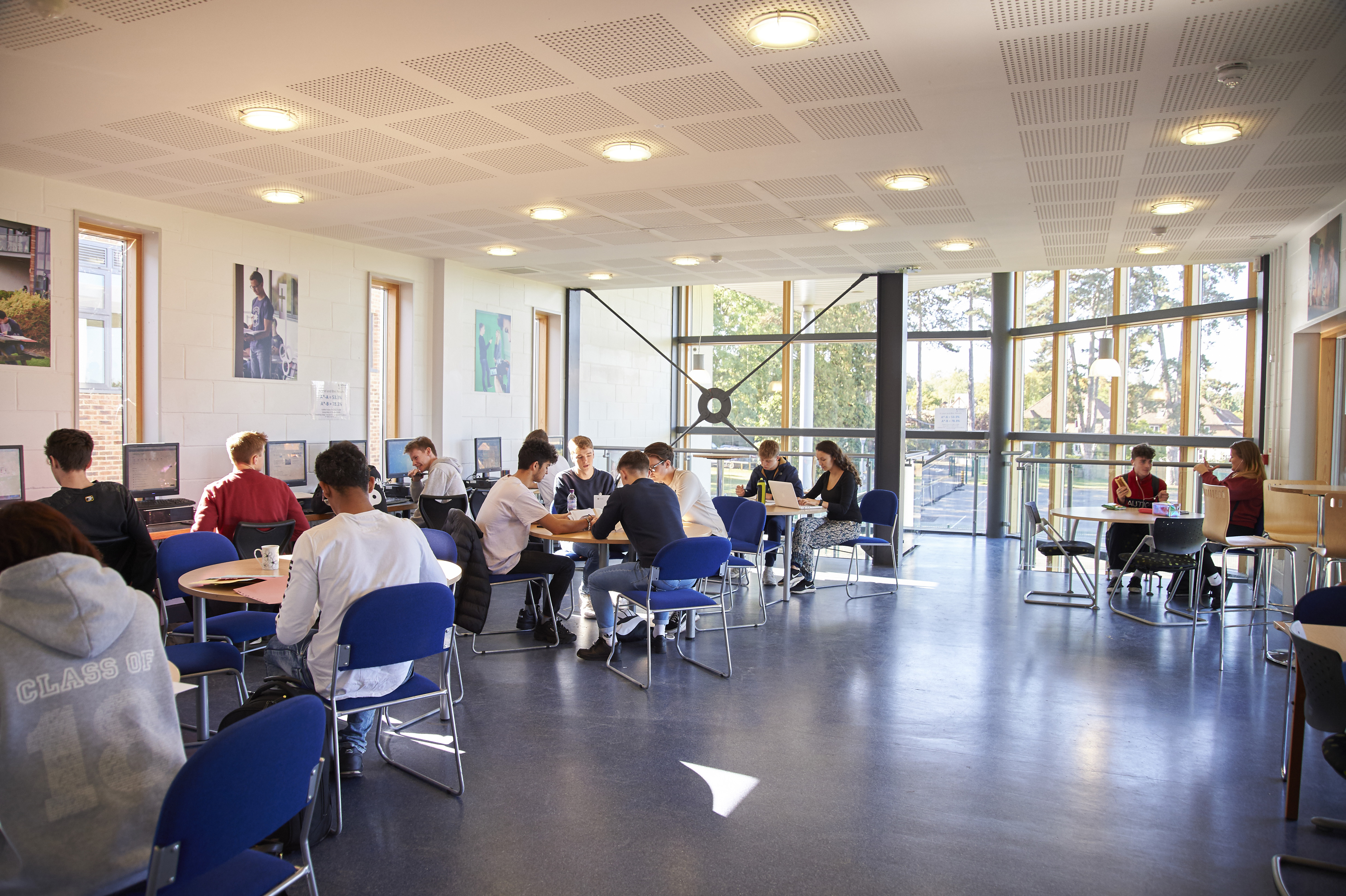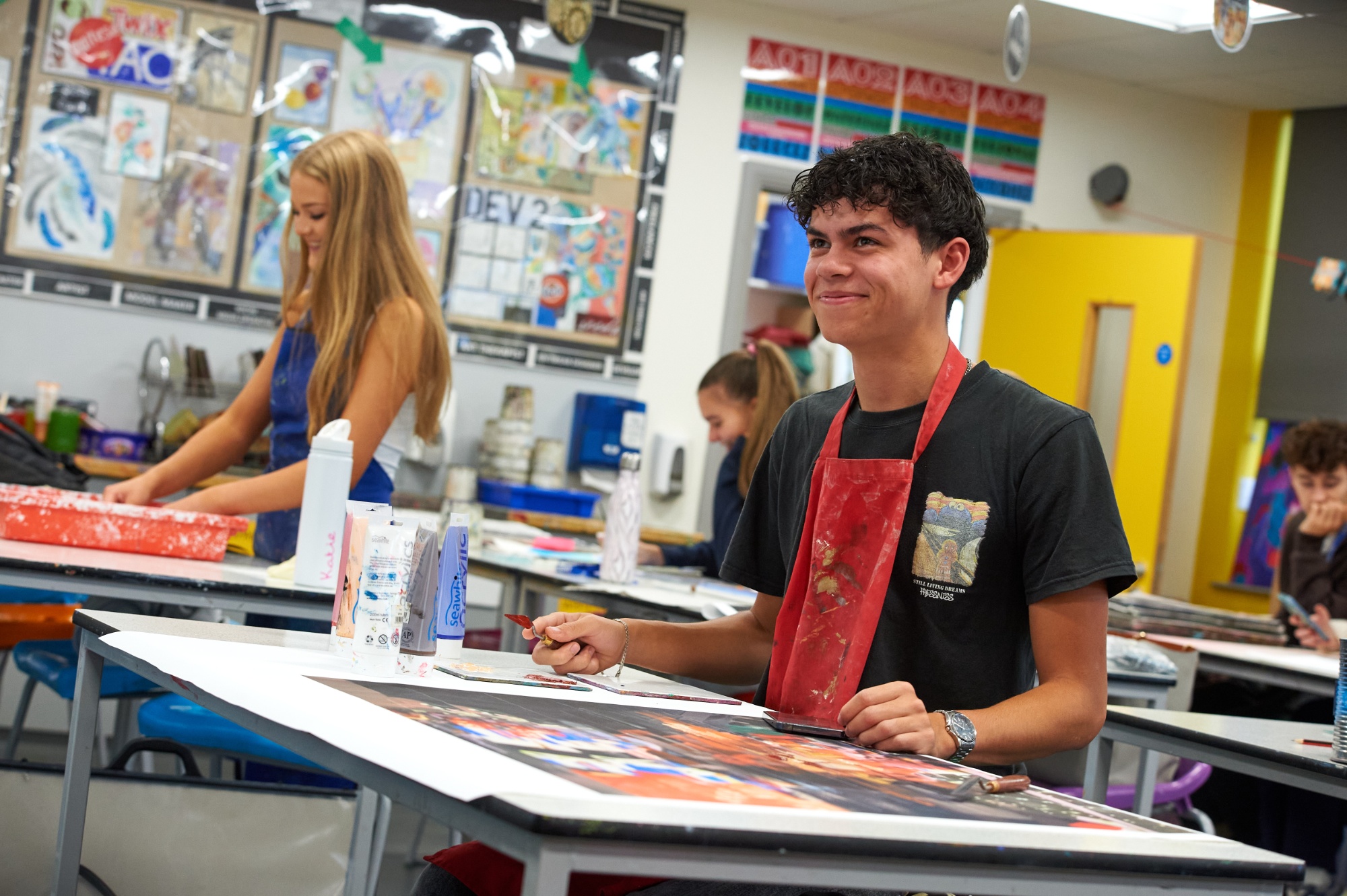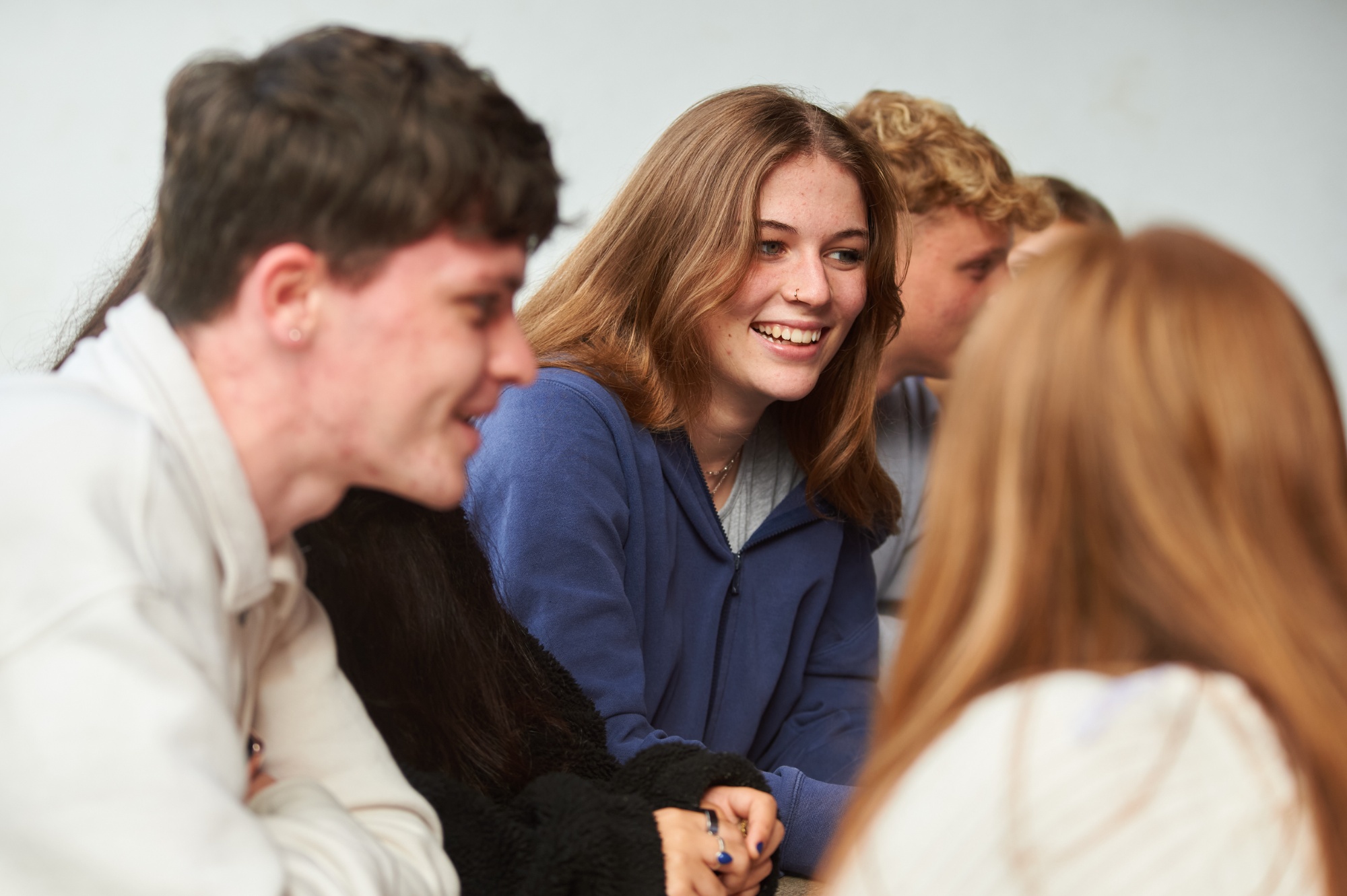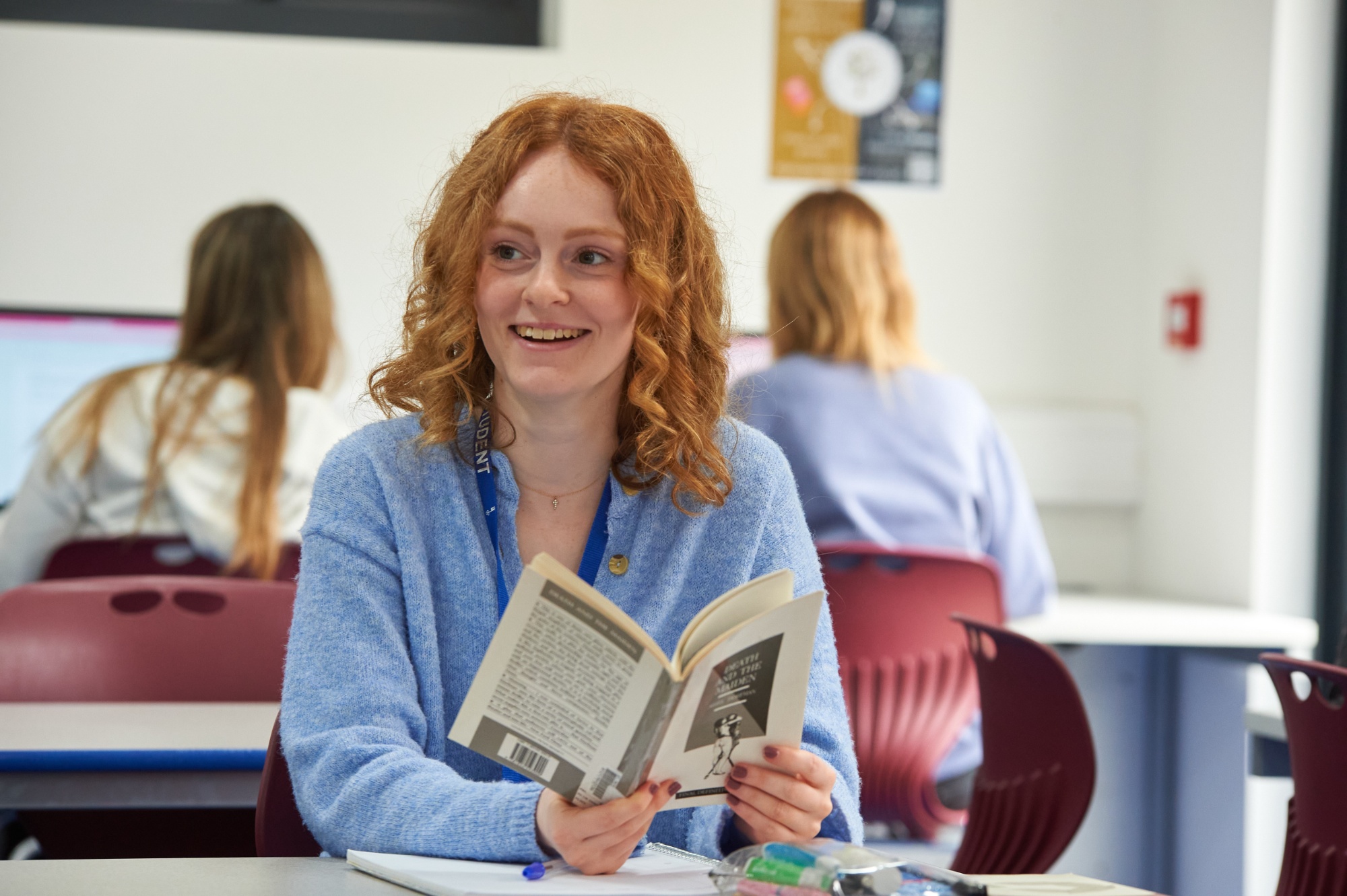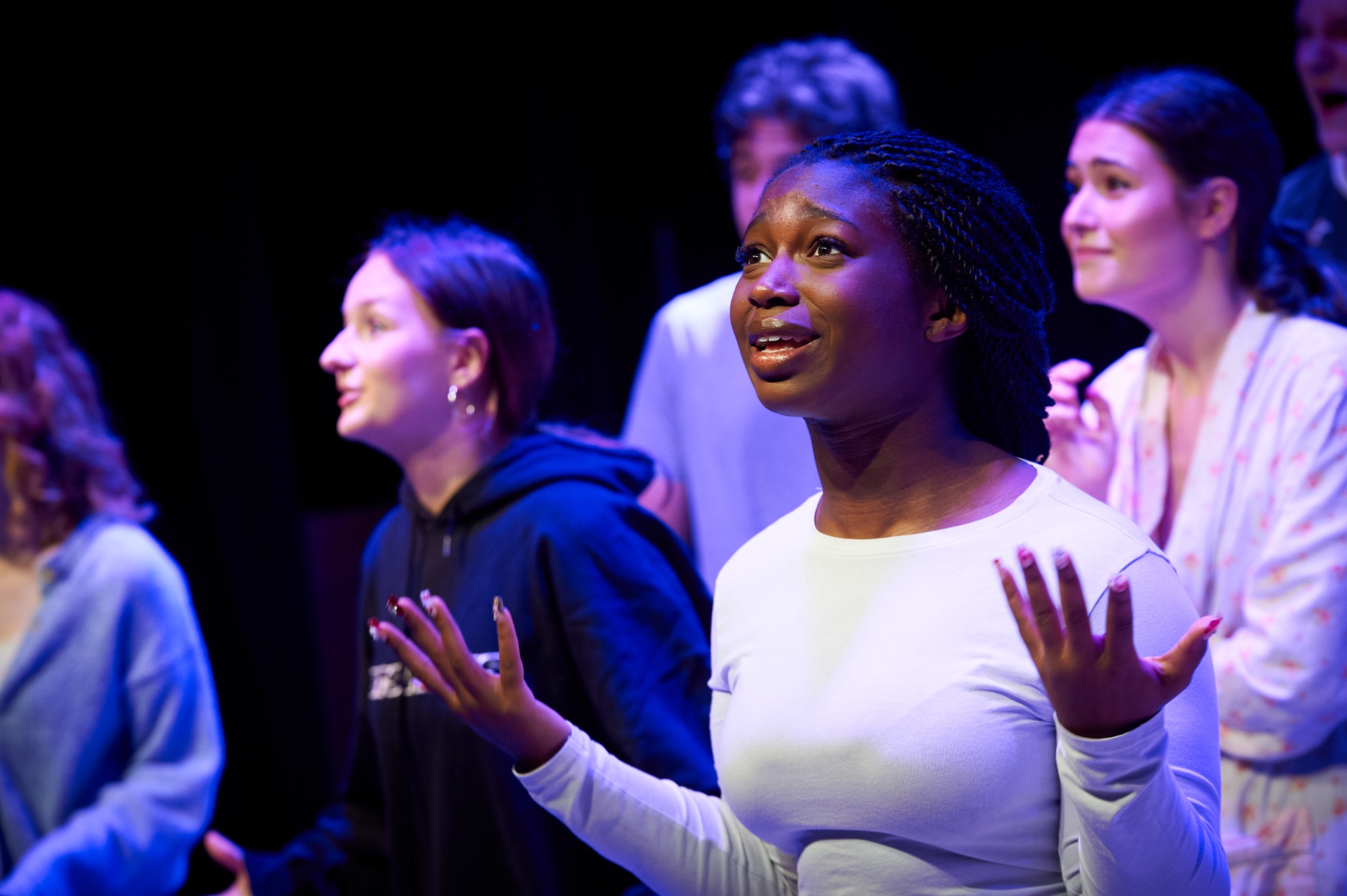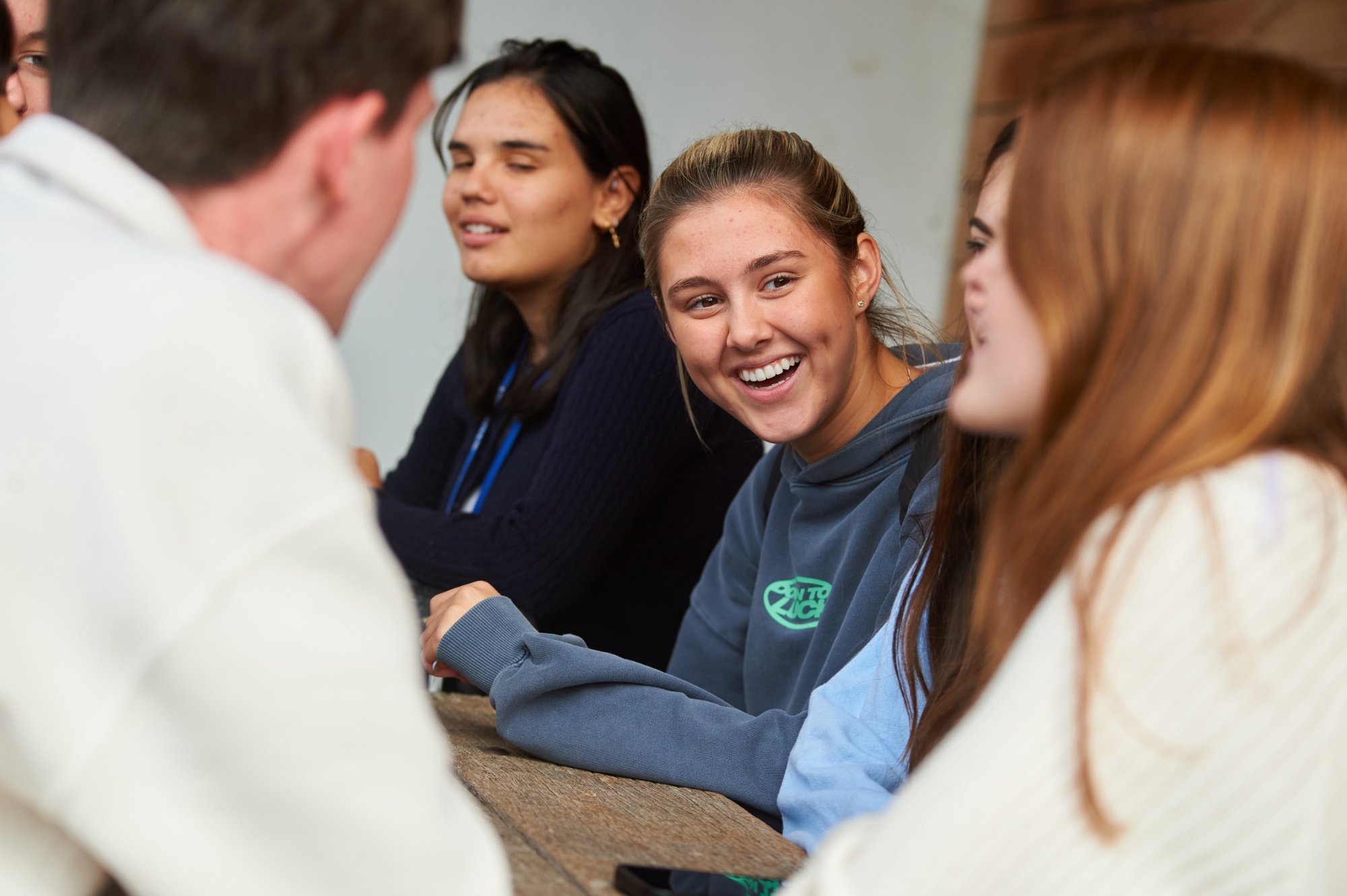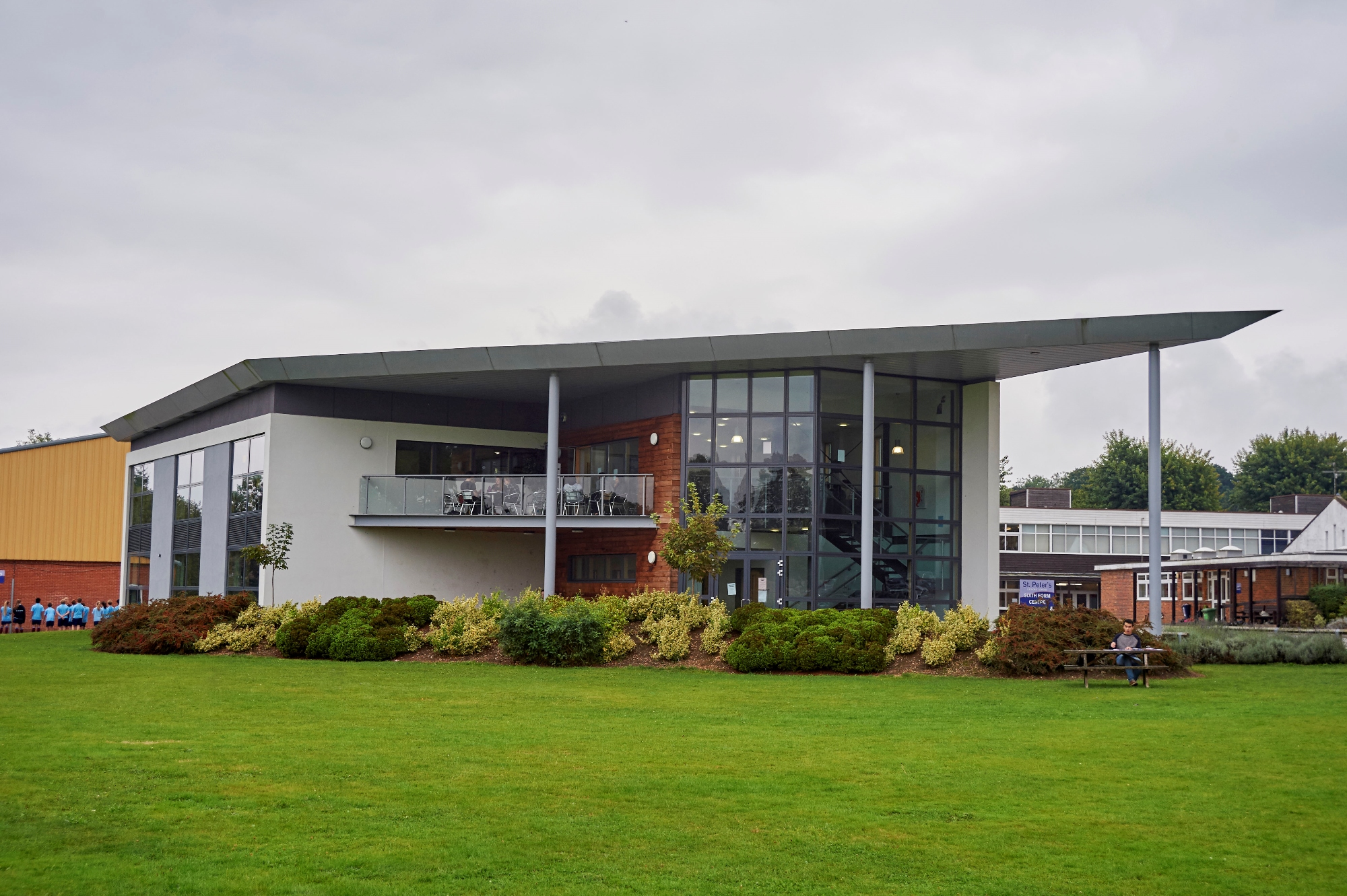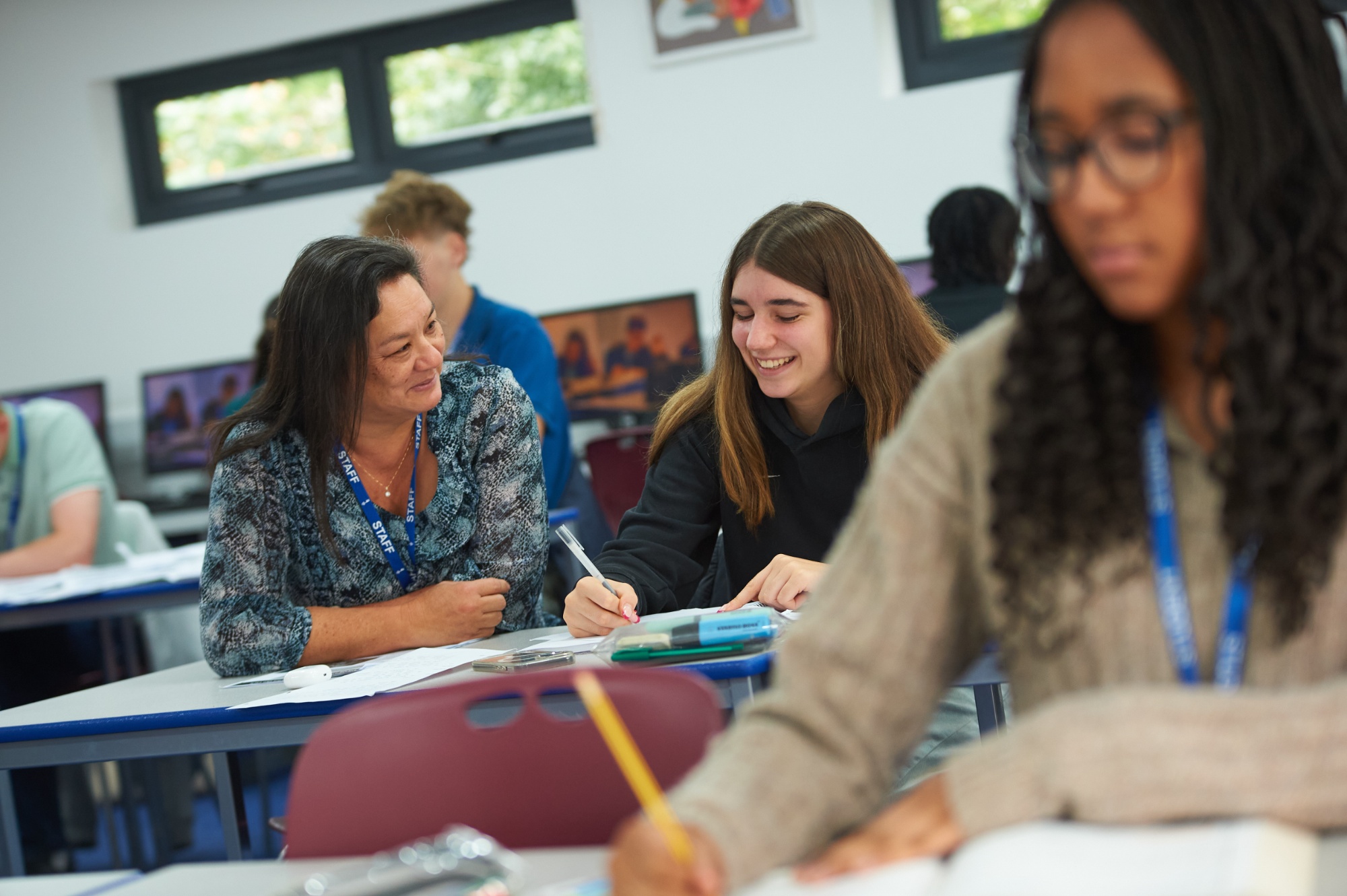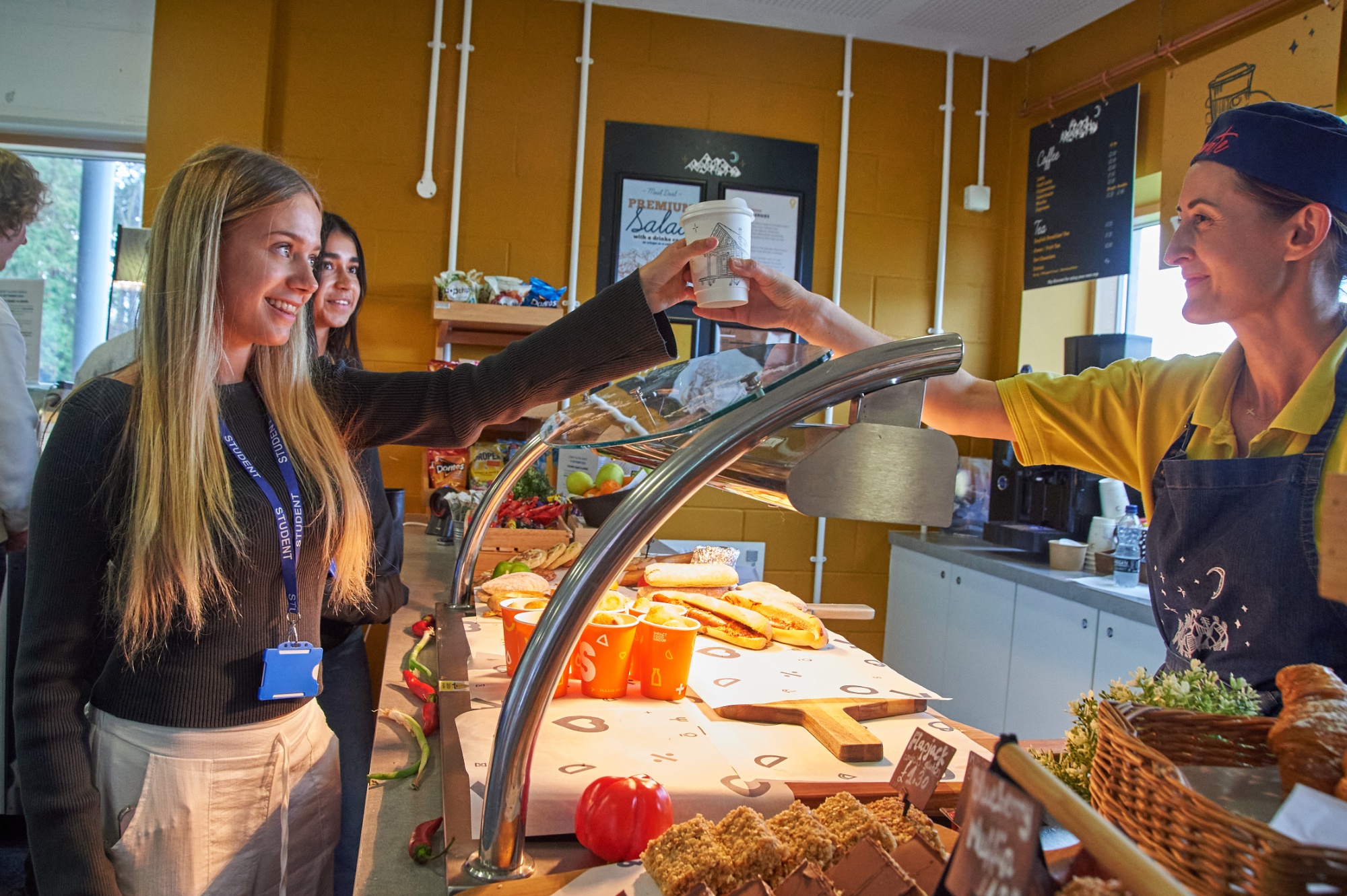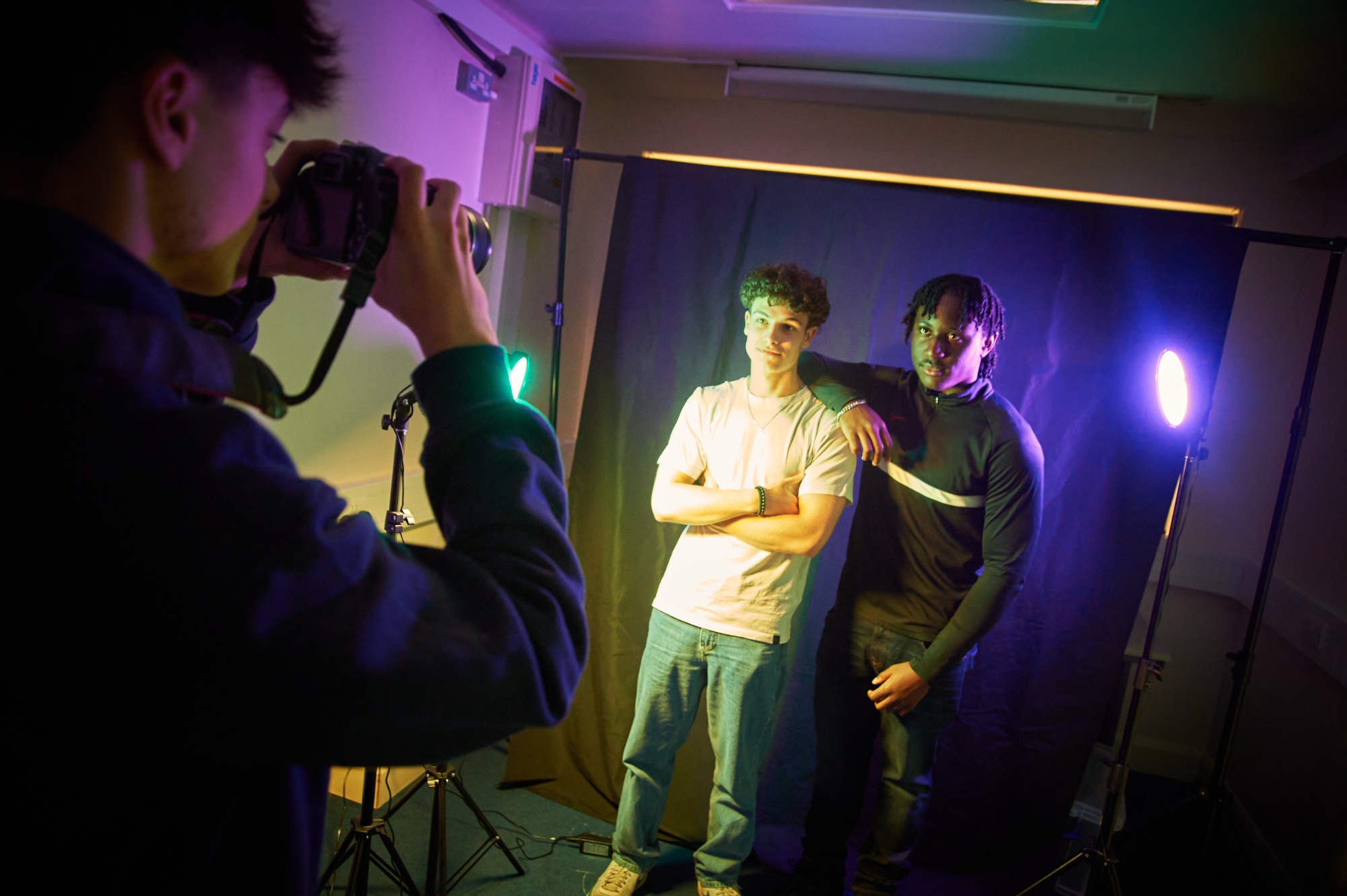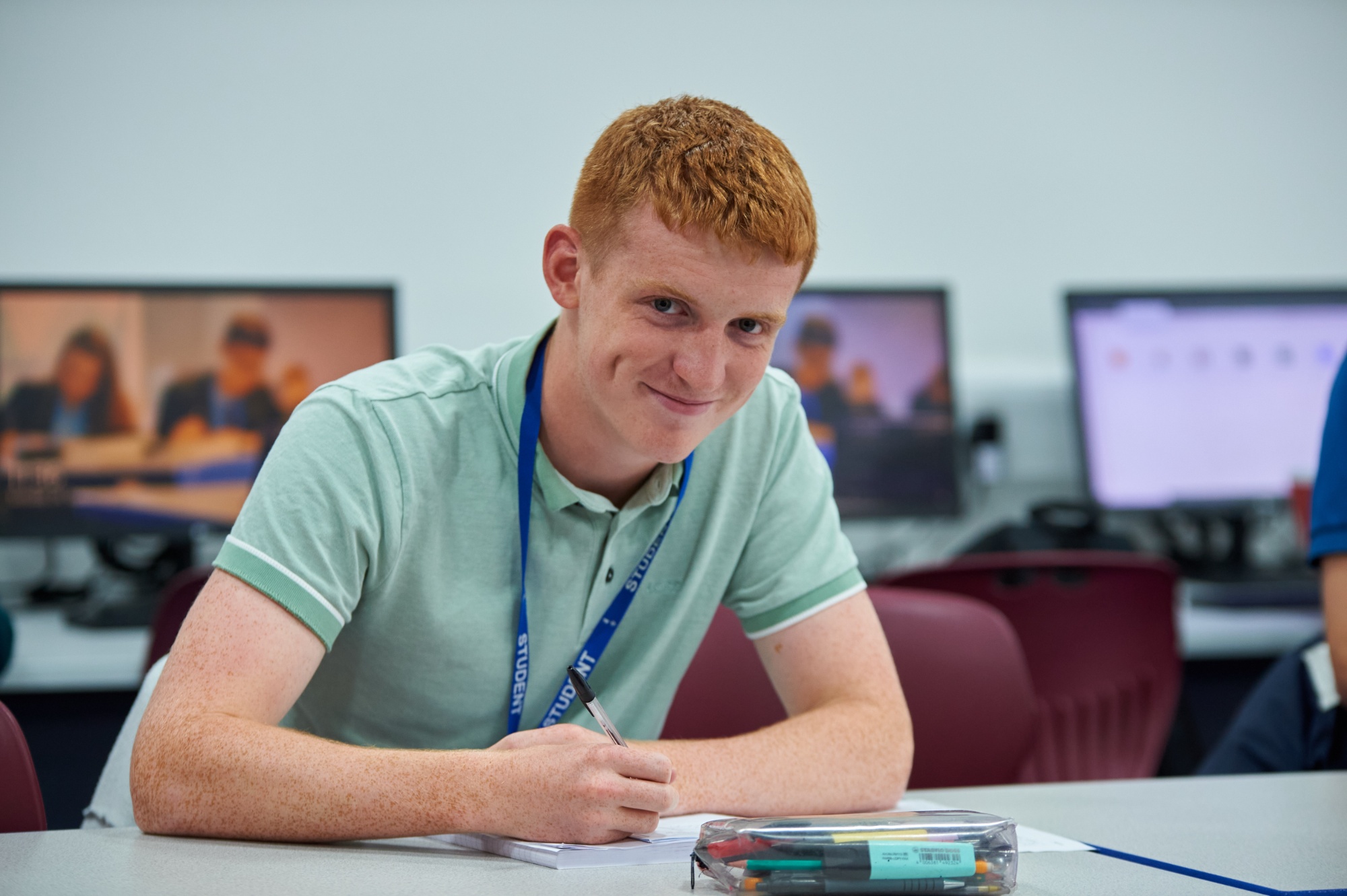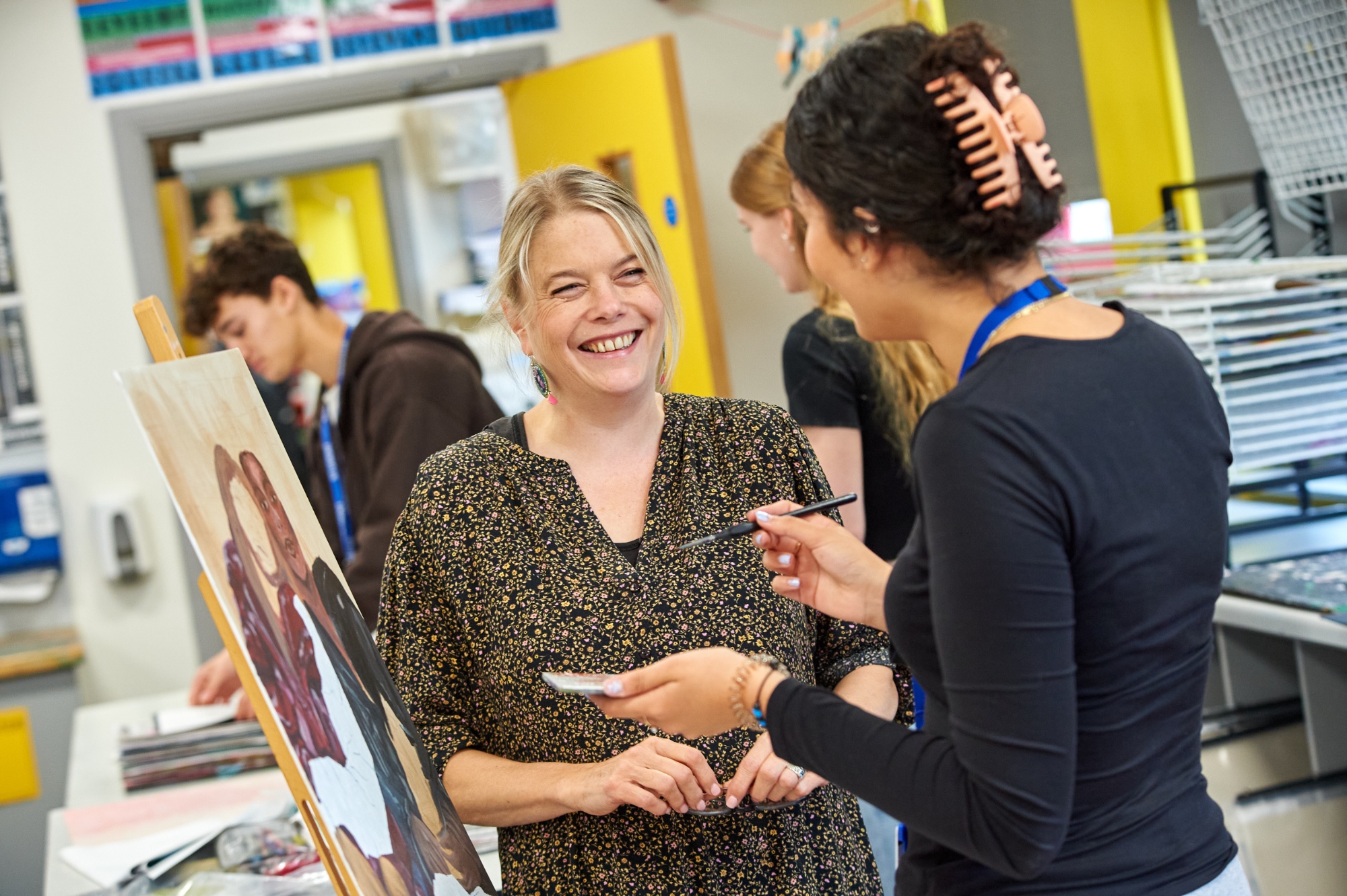Physics
 Mr J Paterson-Spir
Mr J Paterson-Spir
Head of Physics
THE TEAM
| Mr J Lo | Teacher of Physics |
| Mrs D Payne | Science Technician (Physics) |
| Mr D Woodhouse | Teacher of Physics |
INTRODUCTION TO THE DEPARTMENT
We seek to ensure that students experience a good balance of subject knowledge and understanding with the skills of scientific enquiry. This includes opportunities for students to engage in practical work, fieldwork, research, use of ICT, individual and group work, discussions, modelling and evaluation. Teachers also aim to make the teaching of science relevant to students lives.
Science subjects are designed to provide students not only with a basic knowledge but also with a range of skills and ideas that will be of use in further and higher education and in their life as members of society. They will learn to recall relevant knowledge and to show understanding of basic facts, concepts and principles, using appropriate terminology. They will develop an understanding of the power and limitations of scientific ideas. They will be able to select, organise and present relevant information and to evaluate ideas in order to make informed judgements on the complex issues that appear in the media with increasing regularity.
WHY STUDY PHYSICS?
Physics is recognised as a challenging subject and teaches problem solving skills which can be used in any career. Physics is a numerate subject but you also need to be able to express key concepts both orally and in writing. You will learn both Classical Physics (including mechanics, waves and electricity) and Modern Physics (including particle physics, quantum physics and relativity).
FUTURE ACADEMIC AND CAREER PATHWAYS
It is a desirable qualification for students considering Physics, Mathematics or Engineering at university, however, it is also useful for those considering careers in the finance, technology and medical sectors.
COURSE CONTENT
Students will be studying the AQA syllabus.
At A Level, you will expand on the key concepts of Physics learnt at GCSE (forces, energy, waves, radioactivity electricity and magnetism) and start to see how these ideas work together and grasp the universal principles that apply from the smallest atom to the largest galaxy.
There are eight core units of which five are studied in Year 12. These are measurements and their errors, particles and radiation, waves, mechanics and materials and electricity. In Year 13, units include further mechanics and thermal physics, fields and their consequences and nuclear physics, along with an option unit which will be chosen from astrophysics, medical physics, engineering physics, turning points in physics and electronics. During the course, you will have the opportunity to model, build and launch a self-powered model rocket to compete in the UKROC regional competition.
ASSESSMENT
Paper 1: Particles and radiation, waves, mechanics and materials, electricity, further mechanics - written exam, 2 hours, 85 marks, 34% of A Level
Paper 2: Thermal physics, fields and their consequences, nuclear physics - written exam, 2 hours, 85 marks, 34% of A Level
Paper 3: Section A: compulsory section: practical skills and data analysis. Section B: option unit - written exam, 2 hours, 80 marks, 32% of A Level
EXTRACURRICULAR OPPORTUNITIES
• Year 12 UKROC rocketry competition
• Science Live lectures
• University of Surrey lectures
• Institute of Physics membership
COURSE REQUIREMENTS
Minimum grade 7-7 in GCSE Combined Science or grade 7 in Physics as a separate science and a minimum grade 5 in GCSE Mathematics and note that the expectation is that you will study Mathematics at A Level.

